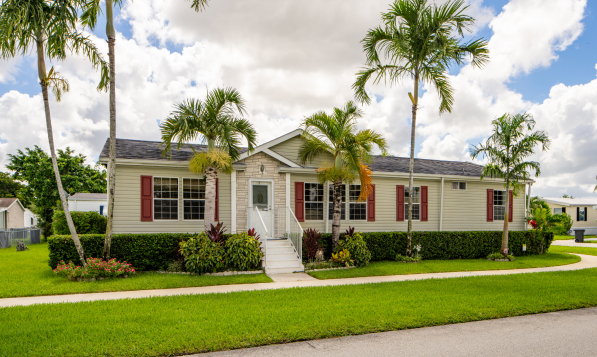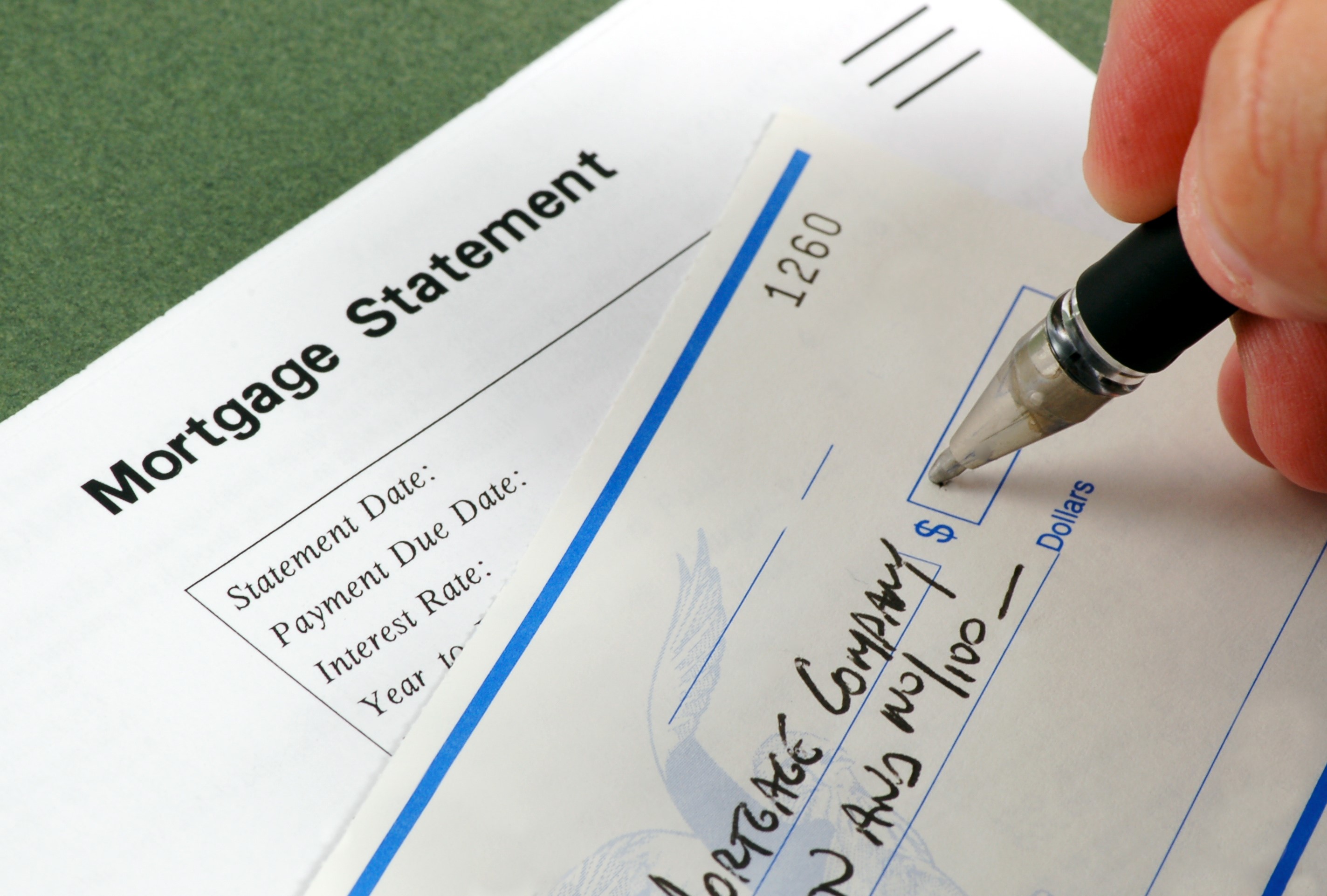Manufactured vs. Modular Homes
When it comes to residential construction, there is a wide range of housing options to suit different needs and preferences. Among these...

Selling your home is a decision all homeowners face at some point. The reasons for selling may vary. Sometimes it is a new job in a new area. Sometimes you need to upsize to accommodate a growing family. Or maybe you need to downsize? In any case, the process remains the same. So how do you decide if you should sell your house? The first question to address: When is the right time to talk to a REALTOR®?
Finding the right house can be exciting. You’ll consider different styles, different layouts, and concepts and will even get the chance to walk through a few. Finding the right mortgage, on the other hand, is not as exciting. It takes industry know-how and experience, and while it is ultimately up to you to navigate the mortgage process well, you do not have to go it alone. With the right help, you’ll know all the first-time homebuyer tips.
There are many programs and incentives available to help first-time homebuyers. It’s definitely a good idea to get familiar with at least a few of them, but you should also find an expert you can trust. It is a mortgage expert’s job to understand which loan products may best fit your situation. In this piece, we’ll focus on the difference between an FHA Loan and the two conventional first-time buyer programs.
It's a good idea to start talking to REALTOR® as soon as you consider selling your home. A REALTOR® is a professional whose job it is to guide you through the process. The earlier you get them involved, the more helpful they can be. REALTORS® will help you understand the current market conditions in your area and what buyers are looking for. They will also provide valuable advice on how to prepare your home for sale, what to expect in the selling process, and how to get the best price for your home.
It's important to choose an agent who has experience selling homes in your area, and who you feel comfortable working with. You can then set up a meeting to discuss your plans and start the process of preparing your home for sale. If you're not sure where to start, you can ask friends or family members for recommendations, or search online for REALTORS® in your area. Chances are that if your friend or family member worked with a CapCenter REALTOR®, that will be their recommendation. CapCenter has everything you need to sell your home quickly and save money on the listing fee, regardless of when you want to sell.
The best time to sell your house will depend on several factors, including market conditions, your personal circumstances, and your financial goals. In general, the spring and summer months are the busiest times of year for the housing market. This is because more buyers are out looking for homes. There are, however, pros and cons to selling at any time of year.
Here are a few things to consider:
Ultimately, the best time to sell your house depends on your individual circumstances and goals. If you're unsure about the best timing for your situation, consult with a real estate agent for guidance.
Here are a few things to look out for:
By being aware of these potential challenges, you can be better prepared to handle them if they arise.
Whether you should buy a new home before selling your current one depends on your financial situation, the local housing market, and your personal preferences.
Here are a few things to consider:
Ultimately, the decision to buy a new home before selling your current one is a personal one. If you're unsure about the best course of action, it may be helpful to consult with a financial advisor or a real estate agent.
Exactly how far you want to go in preparing your home is a conversation between you and your REALTOR®. Still, there are some simple things to do to get your home ready to be seen by potential buyers.
Curious about what it’s like to sell with CapCenter? Put simply, you get top-notch service at a fraction of the cost. We have everything you need under one roof. We also have a lower listing fee, meaning you get more out of your home sale. Find out more about the process with our Home Seller’s Guide.

When it comes to residential construction, there is a wide range of housing options to suit different needs and preferences. Among these...

As a first-time home buyer, there can be so many new concepts, options, and terms flying around, it can sometimes feel a bit overwhelming. And...

As a first-time home buyer, there can be so many new concepts, options, and terms flying around, it can sometimes feel a bit overwhelming. And...

Your home is likely to be your most valuable asset. The average net worth of a homeowner is $225,000 compared with just $6,300 for a renter,...

Deciding on the right time to buy a house is a big decision. Especially if it’s your first time. It’s a decision that can be difficult to make on...

4 min read
In real estate, “contingent” means that a seller and buyer have agreed to terms on a property, but the final sale depends on certain conditions...